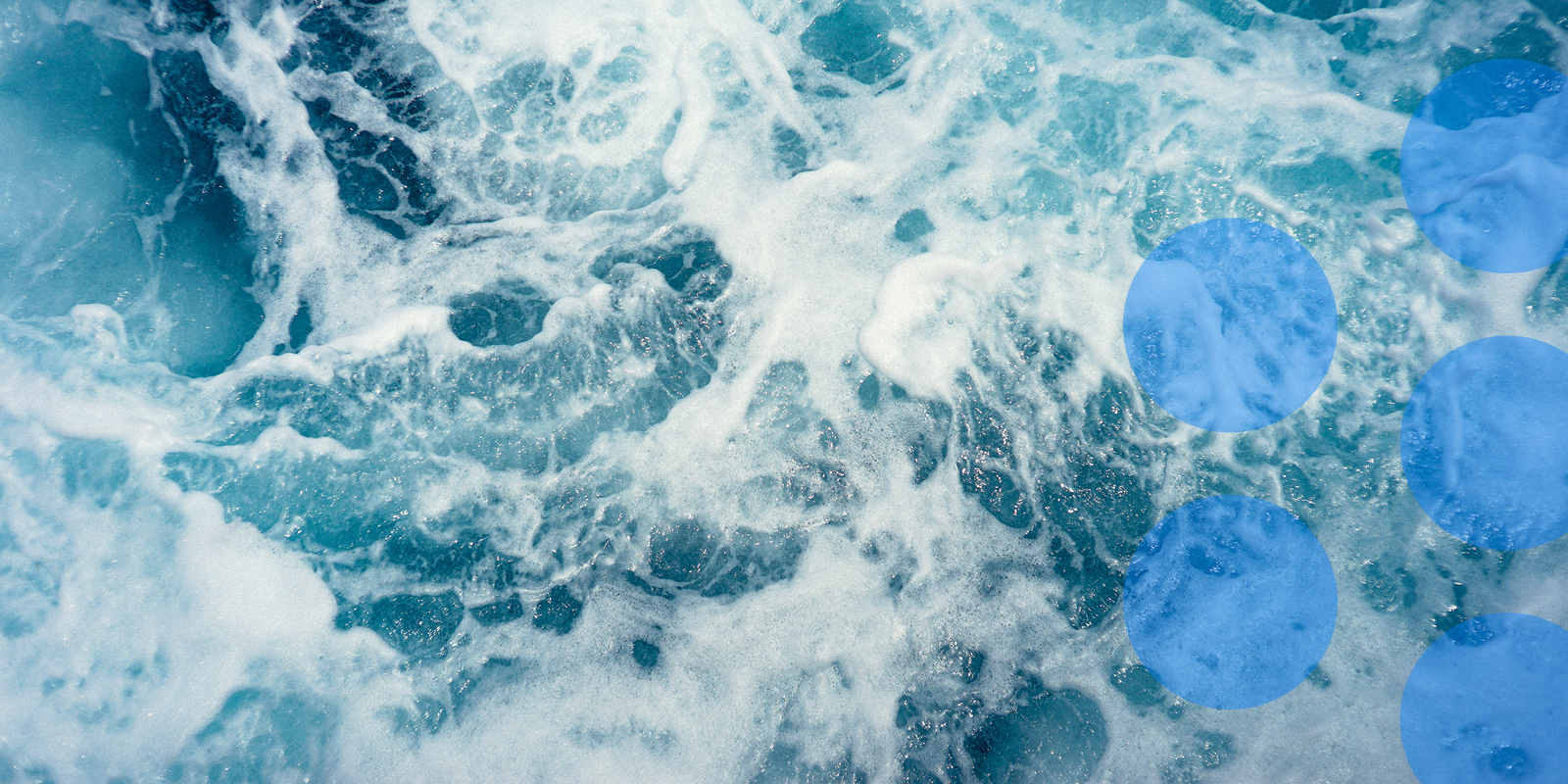
When was the Copenhagen Declaration adopted?
The International Declaration on Transnational Organized Crime in the Global Fishing Industry was adopted on 15 October 2018 on the occasion of the Large Ocean Nations Forum on Transnational Organized Fisheries Crime and the 4th International FishCrime Symposium convened at UN City in Copenhagen, Denmark. It was adopted by Ministers representing the governments of the Faroe Islands, Ghana, Indonesia, Kiribati, Namibia, Norway, Palau, Solomon Islands, and Sri Lanka.
During that meeting it was also agreed that Norway would be the custodian and host the Secretariat of the declaration.
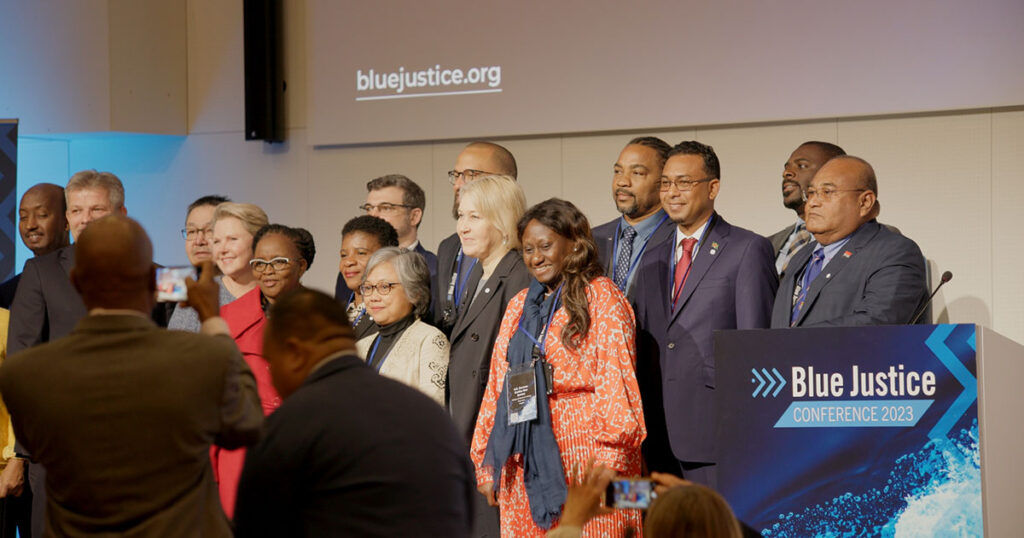
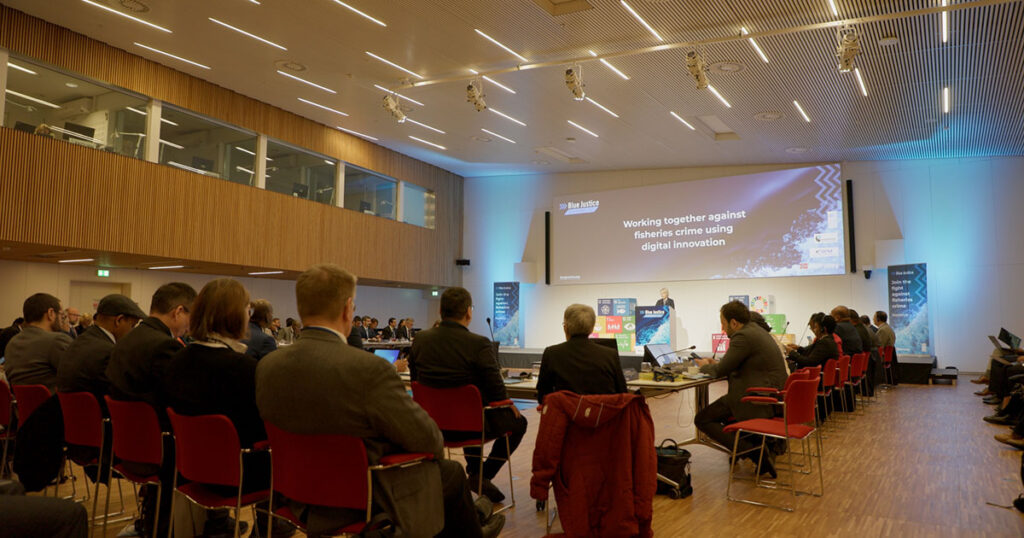
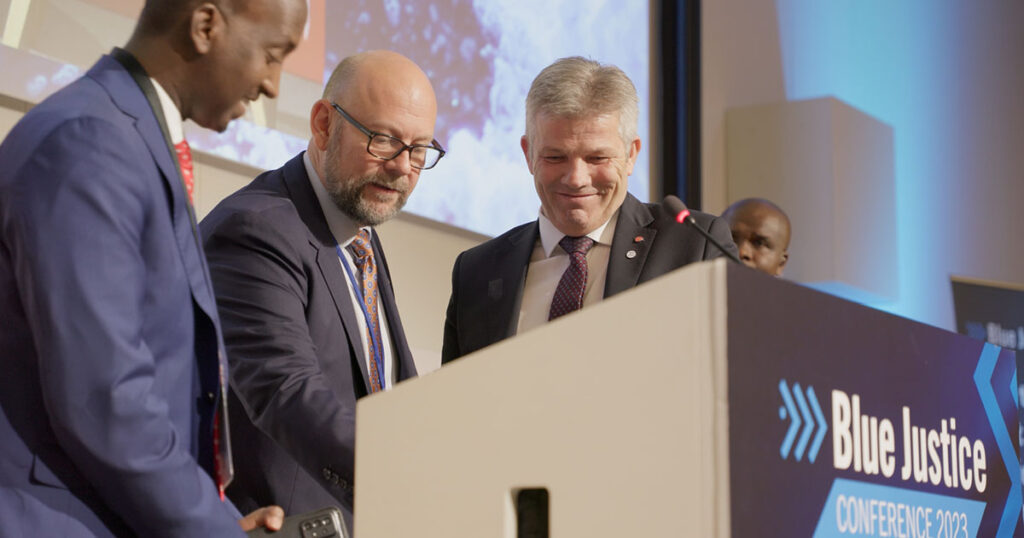
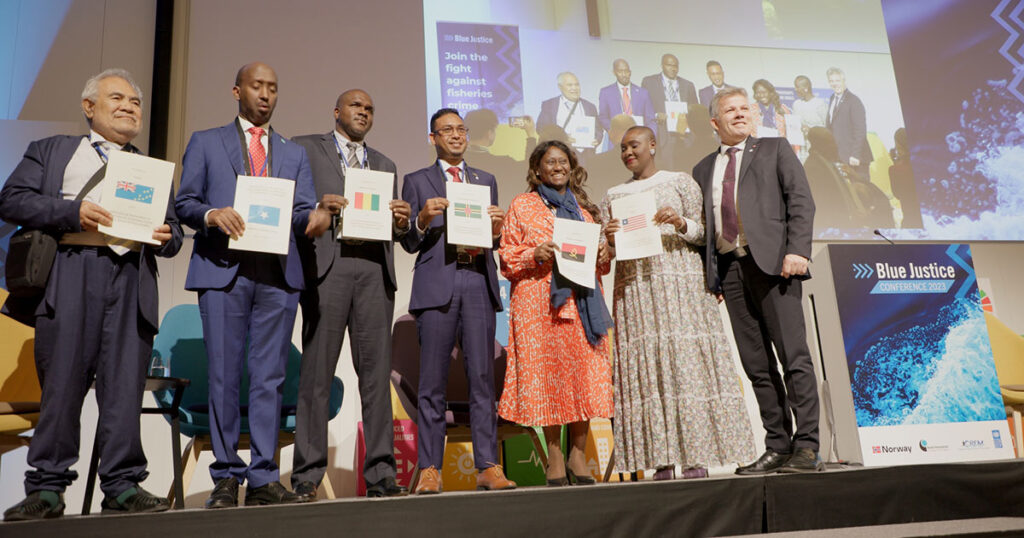
Why was the Copenhagen Declaration adopted?
The Copenhagen Declaration was the result of a series of annual conferences from 2015 until 2018 entitled the International FishCrime Symposiums. The At these symposiums, experts, practitioners, researchers and members of civil society organisations shared their experiences and knowledge about cooperative efforts to address transnational organised fisheries crime. During these years the issue of transnational organized crime in fisheries gained increasing political attention. In 2017, the Nordic Council of Ministers adopted a minister resolution on transnational organised crime in the fishing industry (the Ålesund Resolution). The Ålesund Resolution was the first regional declaration addressing the problem of transnational organised fisheries crime. Copenhagen Declaration was established in 2018 and is inspired by the Ålesund reslution.Unlike the Ålesund Resolution, the Copenhagen Declaration is global in its scope and is the only international political instrument addressing transnational organised fisheries crime.
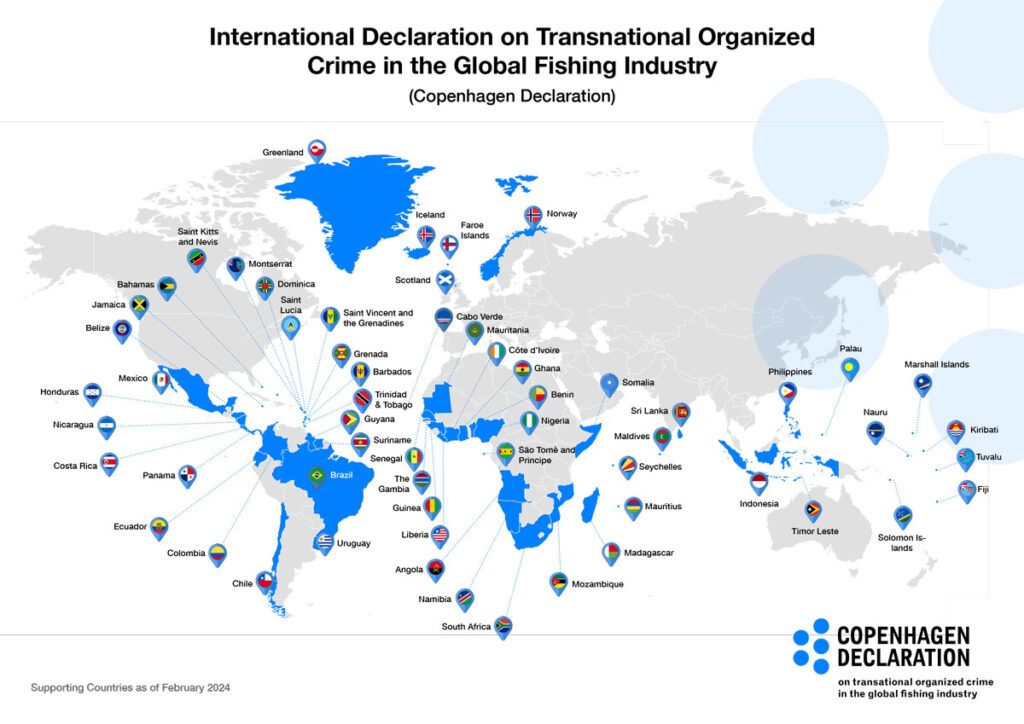
Supporting Countries of the Copenhagen Declaration as of February 2024.
Who can give formal support to the Copenhagen Declaration?
- The Copenhagen Declaration states that the ministers that adopted the declaration “Encourage other Ministers to support this non-legally binding declaration”.
- Ministers from UN member States (or self-governing entities under the sovereignty of UN member States) which gives support to the declaration will have their country’s name registered in the Declaration’s opening paragraph.
What is the formal procedure?
- A minister of the supporting UN member State would need to sign an accession document. This may be done during a formal ceremony where the minister signs the document and the custodian of the Copenhagen Declaration confirms in writing that the signature is registered.
- It is also possible to forward the signed Declaration via email, letter, or through a Norwegian Embassy if a physical ceremony is unpractical.
- After the document has been received the text of the Copenhagen Declaration will be updated reflecting the name of the new signatory..
Does the Copenhagen Declaration have any formal meetings?
The Copenhagen Declaration has one formal meetings. This event is called the Meeting of the Parties to the Copenhagen Declaration and is usually organised biannually. The meeting takes place in a separate session of the Blue Justice Conference and is organised by the Blue Justice Initiative. The high level event follows up the Copenhagen Declarations call for “the need for continuous support on the highest level and the necessity for awareness raising”.
News about the Copenhagen Declaration
-
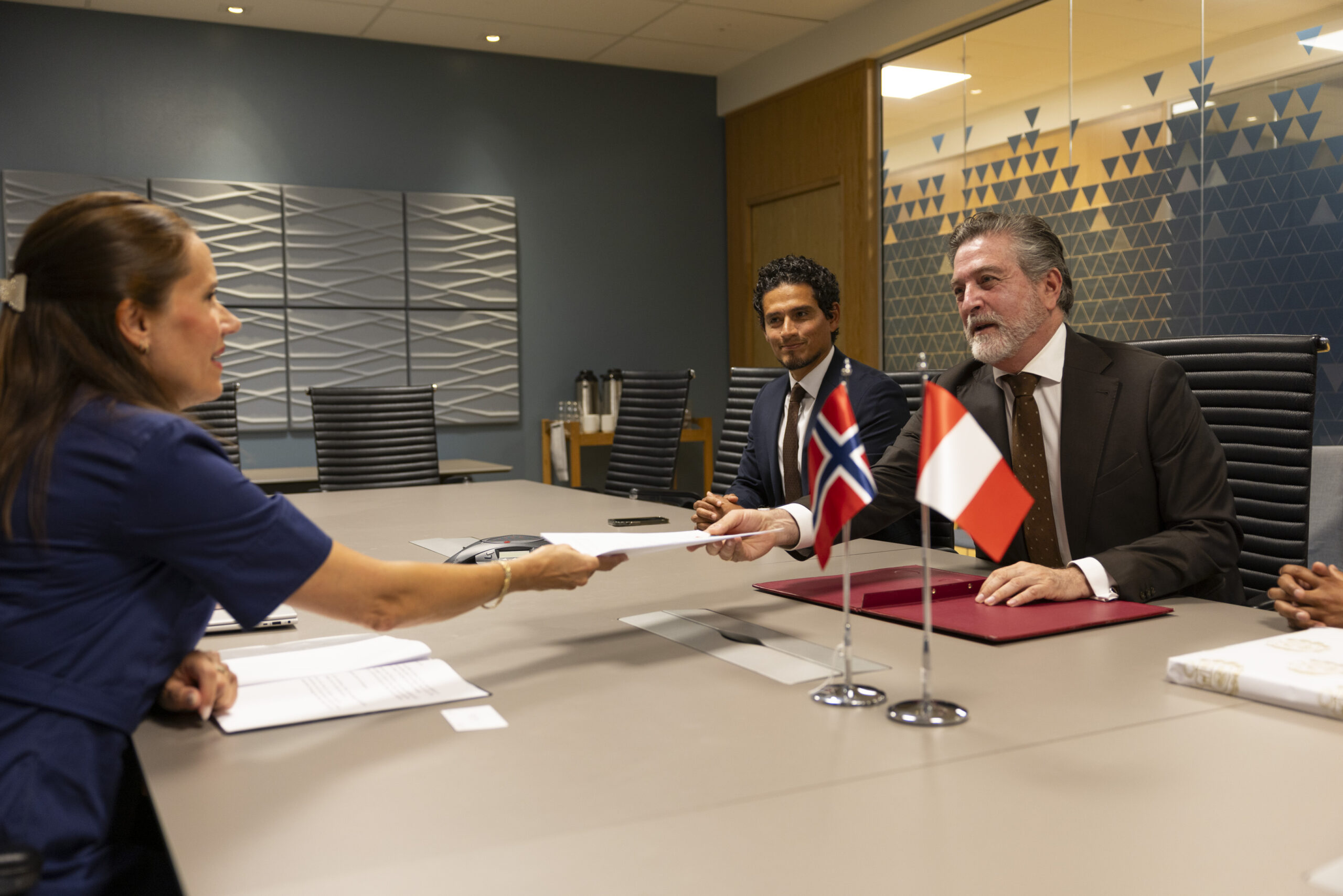
From Declaration to Action
-
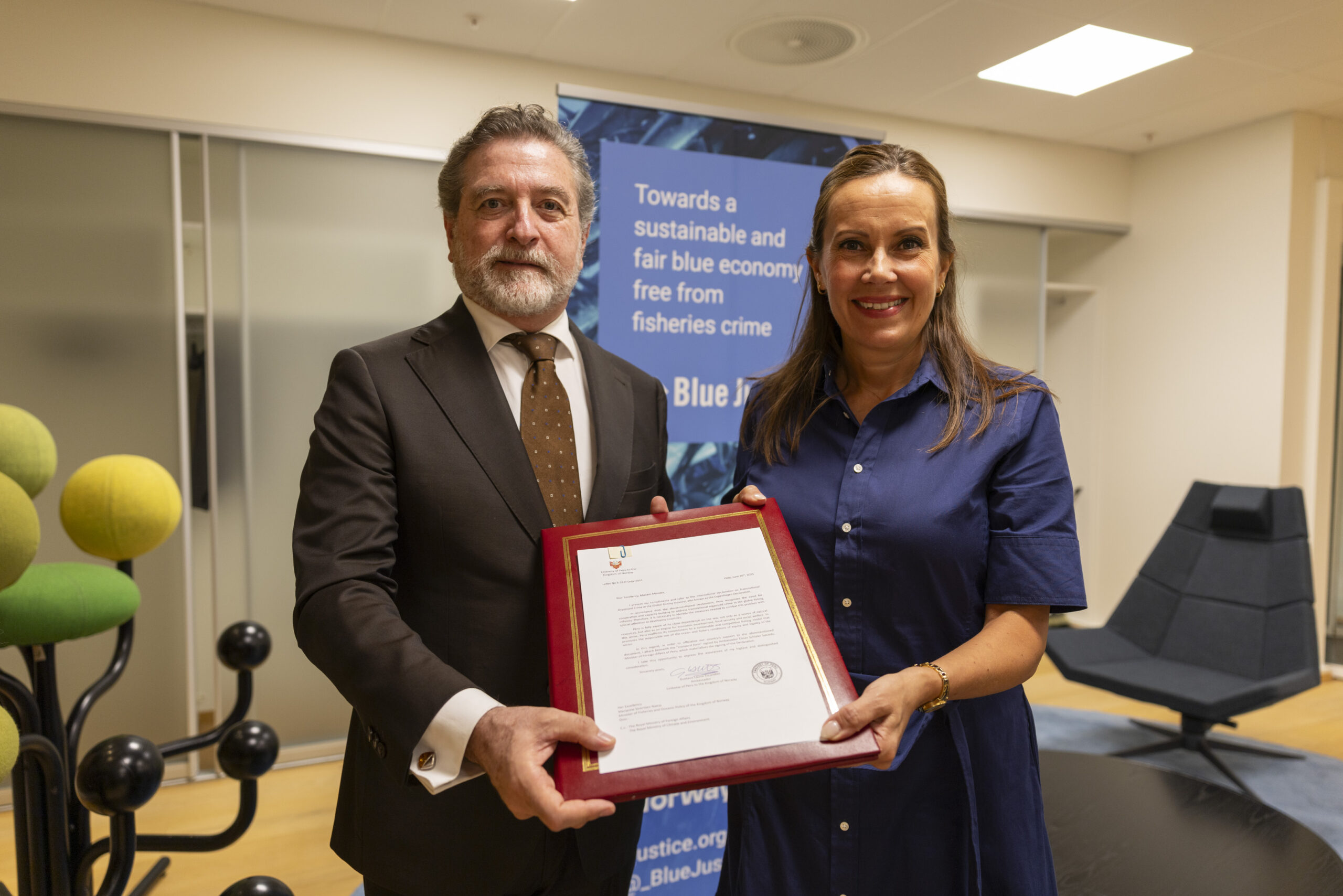
Peru Signs the Copenhagen Declaration
-
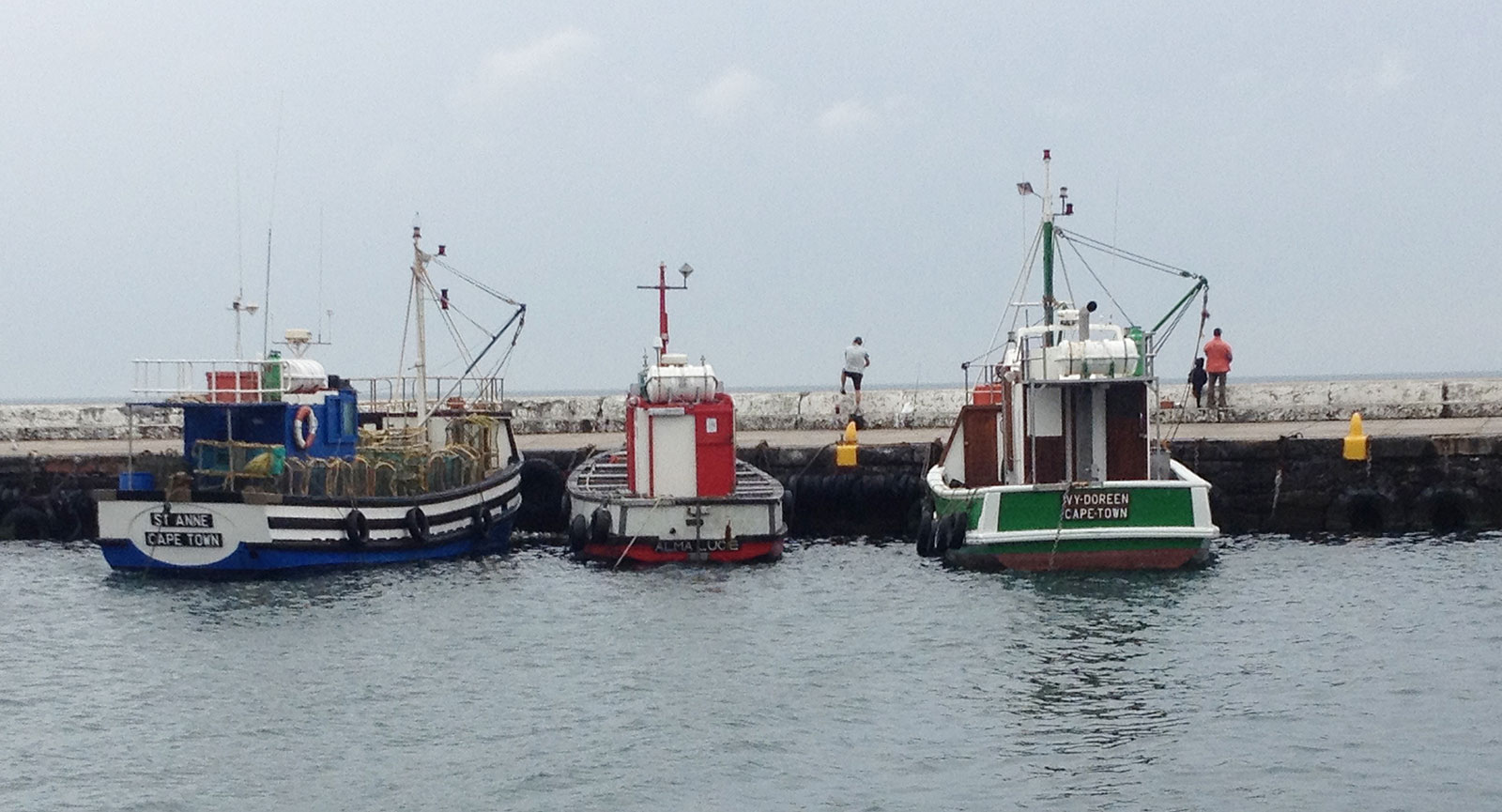
Safeguarding South Africa’s Waters
-
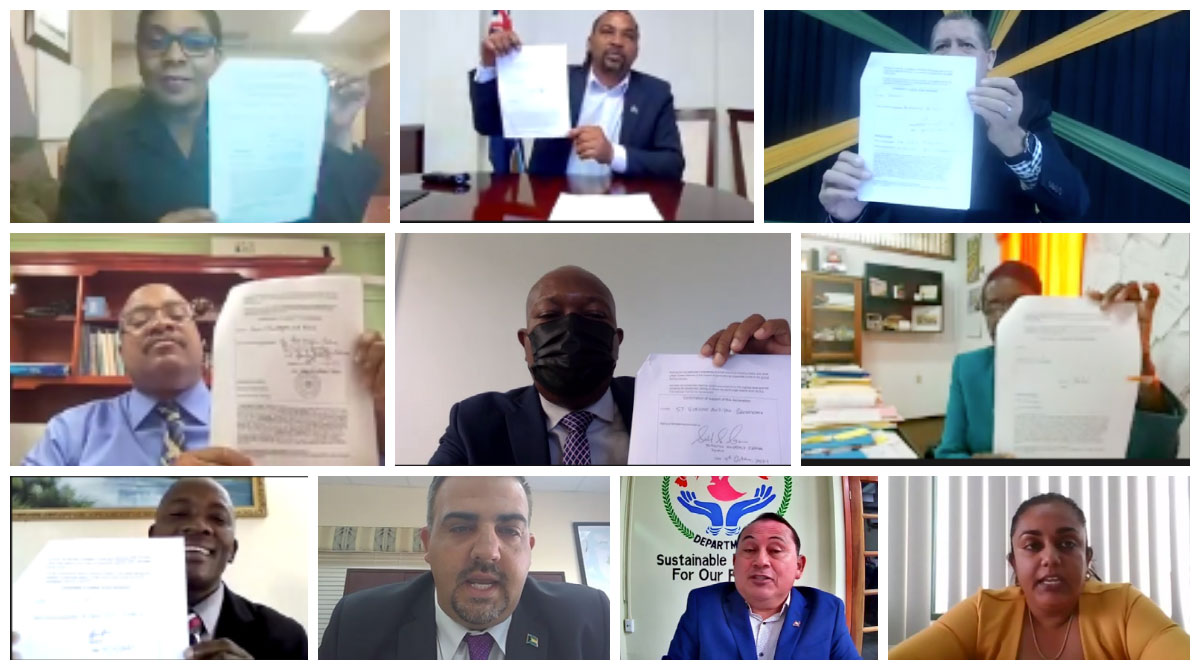
12 CARICOM States sign the Copenhagen Declaration on Transnational Organized Crime in the Global Fishing Industry
-
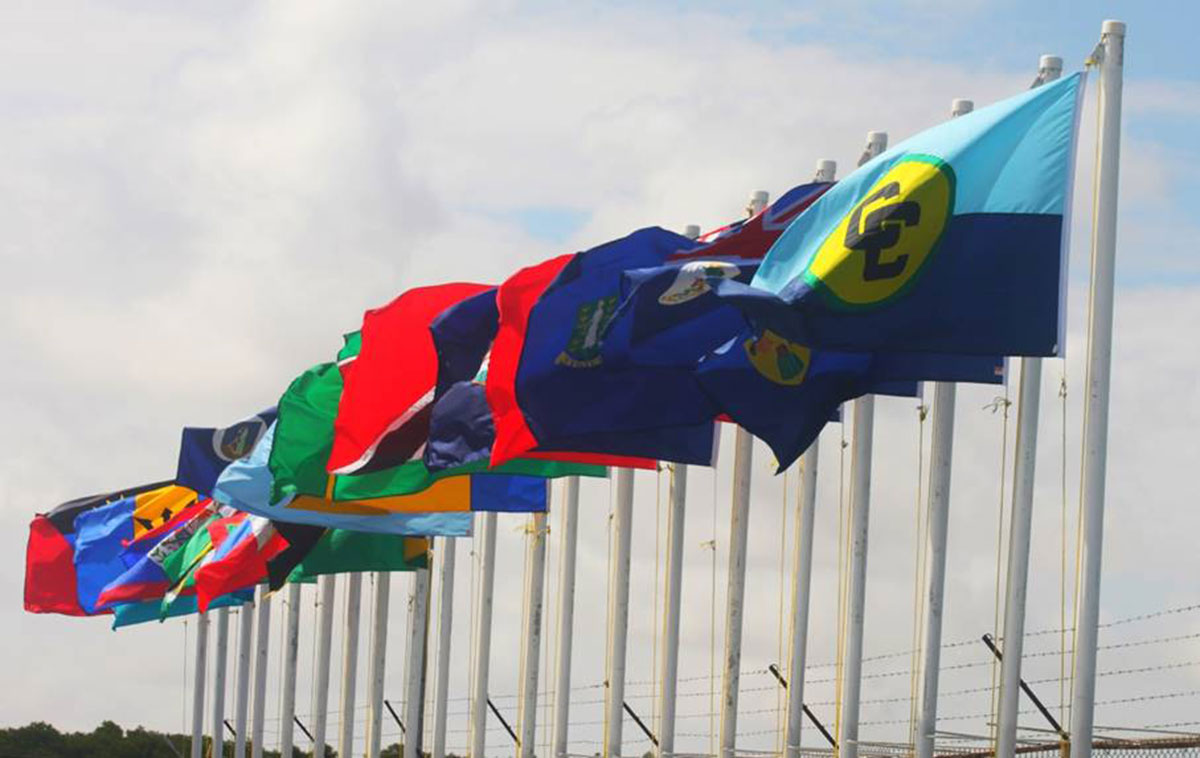
Caribbean support to the Copenhagen Declaration and the Blue Justice Initiative
-

Ecuador becomes the latest signatory to the Copenhagen Declaration
Participating Countries
Angola
Date of accession: 23 March 2023
Barbados
Date of accession: 23 March 2023
Bahamas
Date of accession: 4 October 2021
Belize
Date of accession: 4 October 2021
Benin
Date of accession: 19 February 2019
Brazil
Date of accession: 21 April 2021
Cabo Verde
Date of accession: 21 April 2021
Chile
Date of accession: 21 August 2019
News story: Chile supports the Copenhagen Declaration Speech during Blue Justice Conference 2020
Costa Rica
Date of accession: 13 November 2019
Colombia
Date of accession: 25 February 2021
Côte d’Ivoire
Date of accession: 23 March 2023
Dominica
Date of accession: 23 March 2023
Ecuador
Date of accession: 24 May 2021
Faroe Islands
Date of accession: 15. October 2018
Speech during Blue Justice Conference 2020
Fiji
Date of accession: 24 October 2019
News story: Fisheries Crime lunch during Our Ocean 2019
Speech during the launch of the Blue Resilience project
Speech during Blue Justice Conference 2020
The Gambia
Date of accession: 8 June 2023
Ghana
Date of accession: 15 October 2018
Greenland
Date of accession: 25 February 2019
Speech during Blue Justice Conference 2020
Grenada
Date of accession: 6 October 2021
Republic of Guinea
Date of accession: 23 March 2023
Guyana
Date of accession: 4 October 2021
Honduras
Date of accession: 21 December 2020
Iceland
Date of accession: 27 November 2019
Indonesia
Date of accession: 15. October 2018
Speech during the launch of the Blue Resilience project
Jamaica
Date of accession: 4 October 2021
Kiribati
Date of accession: 15 October 2018
Liberia
Date of accession: 20 February 2019
Speech during Blue Justice Conference 2020
Madagascar
Date of accession: 23 March 2023
Maldives
Date of accession: 16 April 2019
Marshall Islands
Date of accession: 30 August 2019
Speech during Blue Justice Conference 2020
Mauritania
Date of accession: 23 March 2023
Mauritius
Date of accession: 2 August 2022
Mexico
Date of accession: 24. October 2019
News story: Fisheries Crime lunch during Our Ocean 2019
Speech during Blue Justice Conference 2020
Montserrat
Date of accession: 4 October 2021
Mozambique
Date of accession: 24 January 2019
Namibia
Date of accession: 15 October 2018
Nauru
Date of accession: 24 October 2019
News story: Fisheries Crime lunch during Our Ocean 2019
Nicaragua
Date of accession: 3 December 2020
Speech during Blue Justice Conference 2020
Nigeria
Date of accession: 24 August 2022
Norway
Date of accession: 15 October 2018
Speeches during Blue Justice Conference 2020:
- Prime Minister, Erna Solberg
- Minister of International Development, Dag-Inge Ulstein
- Minister of Fisheries and Seafood, Odd Emil Ingebrigtsen
Palau
Date of accession: 15 October 2018
Panama
Date for accession: 3. December 2020
Speech during Blue Justice Conference 2020
Peru
Date of accession: 27 June 2025
News story: Peru Signs the Copenhagen Declaration
Phillipines
Date of accession: 11 November 2019
Saint Kitts and Nevis
Date of accession: 4 October 2021
Saint Lucia
Date of accession: 4 October 2021
Saint Vincent and the Grenadines
4 October 2021
São Tomè and Principe
Date of accession: 24 October 2019
News story: Fisheries Crime lunch during Our Ocean 2019
Senegal
Date of accession: 20 October 2022
Scotland
Date of accession: 25 November 2019
News story: Scotland supports the Copenhagen Declaration
Speech during Blue Justice Conference 2020
Seychelles
Date of accession: 24 February 2020
Solomon Islands
Date of accession: 15 October 2018
Somalia
Date of accession: 23 March 2023
South Africa
Date of accession: 22 October 2019
Speech during Blue Justice Conference 2020
Sri Lanka
Date of accession: 15 October 2018
Speech during Blue Justice Conference 2020
Suriname
Date of accession: 4 October 2021
Timor Leste
Date of accession: 17 December 2018
Trinidad and Tobago
Date of accession: 4 October 2021
Tuvalu
Date of accession: 23 March 2023
Turks and Caicos Islands
Date of accession: 4 October 2021
Uruguay
Date of accession: 10 December 2020
Speech during Blue Justice Conference 2020
Read the Copenhagen Declaration
We, the Ministers of Angola, the Bahamas, Belize, Benin, Brazil, Cape Verde Islands, Chile, Colombia, Costa Rica, Cote d’Ivoire, Dominica, Faroe Islands, Fiji, Ghana, Greenland, Grenada, Guinea, Guyana, Honduras, Iceland, Indonesia, Jamaica, Kiribati, Liberia, Madagascar, Maldives, Mauritania, Marshall Islands, Mexico, Montserrat, Mozambique, Namibia, Nauru, Nicaragua, Nigeria, Norway, Palau, Panama, Philippines, Saint Kitts and Nevis, Saint Lucia, Saint Vincent and the Grenadines, São Tomè and Principe, Senegal, Scotland, Seychelles, Solomon Islands, Somalia, South Africa, Suriname, Sri Lanka, Timor Leste, Trinidad and Tobago, Turks and Caicos Islands, Tuvalu and Uruguay
Encourage other Ministers to support this non-legally binding declaration.
Note the recommendations and the outcome of the 2nd International Symposium on Fisheries Crime held in Yogyakarta, Indonesia 10–11 October 2016 which was published by the United Nations Office on Drugs and Crime at the occasion of the United Nations Commission on Crime Prevention and Criminal Justice during its twenty-sixth session in Vienna 22–26 May 2017.2
Recognize that our countries are dependent on the sea and its resources and the opportunities it holds for the economy, food and well-being of our population and we are determined to support a healthy and thriving fishing industry that is based on fair competition and the sustainable use of the ocean.
Are committed to work towards the fulfillment of the UN Sustainable Development Goals particularly in relation to Goal 14 on “Life Below Water” and Goal 16 on “Peace, Justice and Strong Institutions.”
Are convinced that there is a need for the world community to recognize the existence of transnational organized crime in the global fishing industry and that this activity has a serious effect on the economy, distorts markets, harms the environment and undermines human rights.
Recognize that this transnational activity includes crimes committed through the whole fisheries supply and value chain which includes illegal fishing, corruption, tax and customs fraud, money laundering, embezzlement, document fraud and human trafficking.
Recognize further the inter-continental flow of illegal fish products, illicit money and human trafficking victims in transnational organized crime cases in the global fishing industry and that all regions of the world need to cooperate when investigating such acts
Are convinced that inter-agency cooperation between relevant governmental agencies is essential at a national, regional and international level in order to prevent, combat and eradicate transnational organized crime in the global fishing industry,
Are also convinced that there is a need for international cooperation and that developing countries are particularly affected.
Recognize the particular vulnerability of small-island developing states and other Large Ocean Nations of the impact of transnational organized crime in the global fishing industry.
Are also convinced the need for continuous support on the highest level and the necessity for awareness raising on these issues through events such as the International FishCrime Symposium.